Since its establishment in 2013, the Conway Scholarship has enabled 78 students at the Johns Hopkins School of Nursing (JHSON) to focus on making an impact in their community, nursing leadership, and health care research with the ultimate goal of improving patient care. It has also paved the way for innovation through faculty-led initiatives:
Fighting Moral Distress
Moral distress affects 33 percent to 68 percent of nurses, while graduates of pre-licensure programs often report feeling ill-prepared to address ethical issues in clinical practice. This leads to burnout. The Mindful Ethical Practice and Resilience Academy uses innovative teaching strategies (including high-fidelity simulation, meditation and reflection, and role playing) to help nurses apply mindful practices to ethical challenges. A total of 71 participants have completed the program led by Professor Cynda H. Rushton, PhD, RN, FAAN, the Anne and George L. Bunting Professor of Clinical Ethics. Plans call for expanding the program at and beyond Johns Hopkins.
Full-time Clinical Instructors
For the first time, JHSON has been able to match school funds to hire a pool of 10 full-time clinical instructors. These exceptional nurses bring evidence-based practice into the classroom. The full-time status carries a commitment to serving the school and our values, increasing the quality of the clinical experience for our students and giving JHSON a competitive advantage at recruiting the top students.
To support an existing scholarship or simply to learn more, visit nursing.jhu.edu/financial-aid.
2017 Conway Scholars
Meet some of the 21 Conway Scholars for 2017:
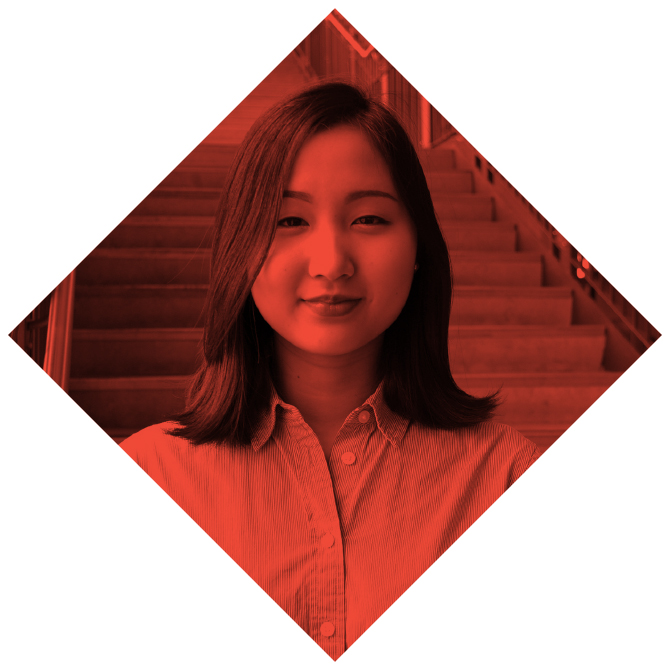
A MERIT Mentor, Christine Choi guides underprivileged high schoolers through life experiences, academics, and college applications. But what really opened her eyes was clinical experience on a geriatric psychiatry/chronic pain floor at Johns Hopkins Hospital, where she learned just what it takes to serve a vulnerable population.
Making the connection from classroom to hospital has been a revelation for David Tkach. “With my pathology and pharmacology course, I would be learning about a drug on a Monday and then giving it to a patient on a Thursday.”
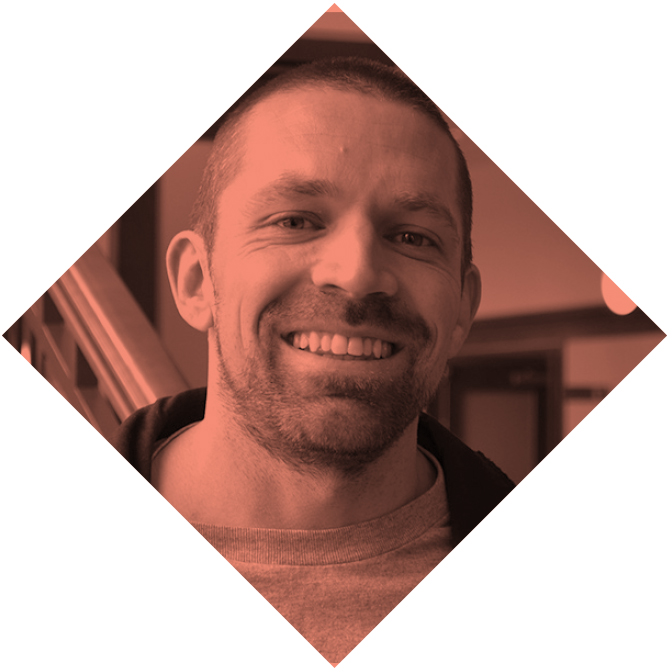
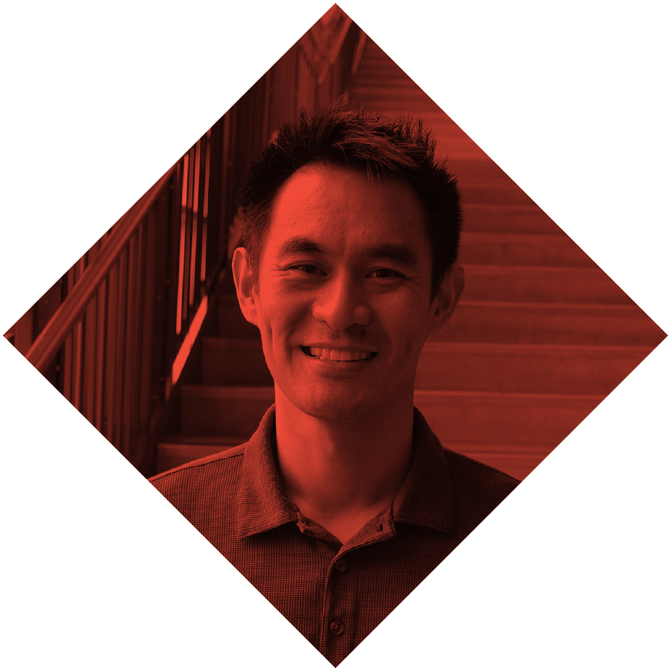
Ryan Bailon has worked as an HIV tester and counselor at the Harriet Lane Clinic, tutored fellow students, worked to prevent cardiac readmissions, accompanied nurse practitioners on cardiac-care home visits, and removed surgical staples on the transplant unit. A Returned Peace Corps Volunteer, he says working with Doctors Without Borders would be a dream job.
This summer, Stacia Sherry completed her first psychiatric clinical on the bipolar/schizophrenia floor at Hopkins Hospital, learning to establish trust with patients. This knowledge carried over into an oncology clinical, where she worked with patients to focus on progress rather than setbacks.
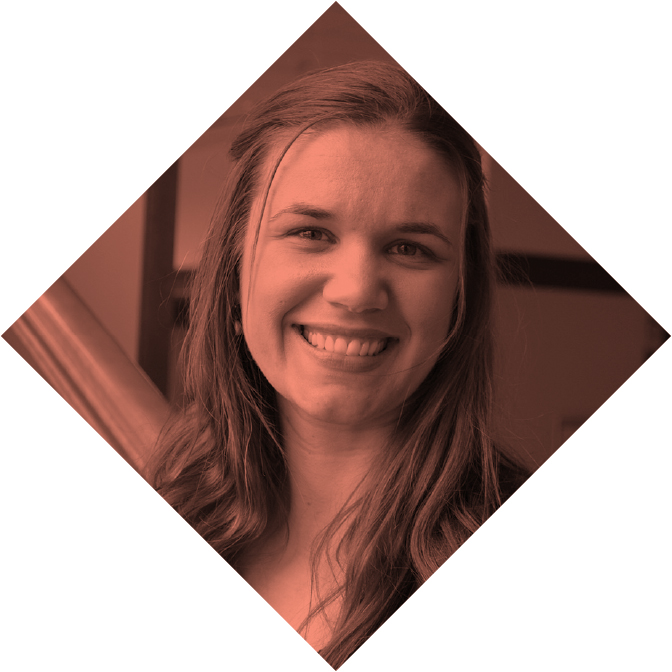
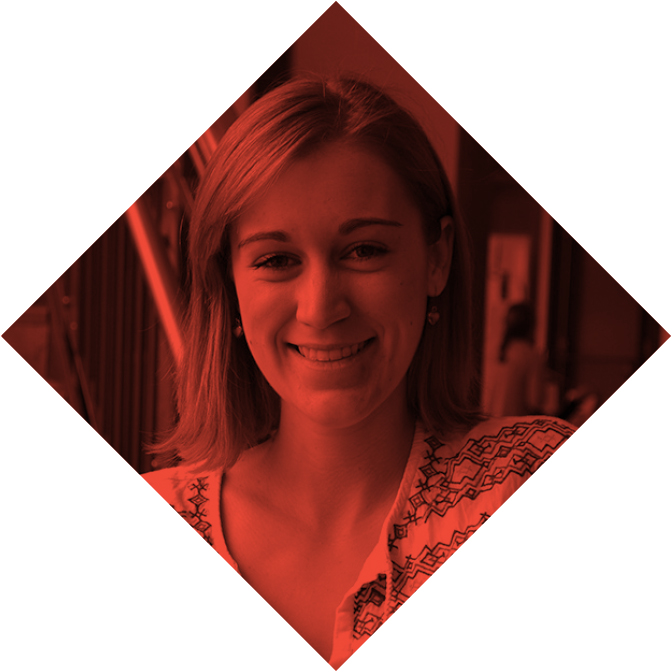
To see the progress that patients in the neurology unit made each day was just the encouragement Turner Wiley needed to realize her own. “It has been quite the adventure so far.” She is now aiming for bigger things, hoping to become a nurse practitioner and work in intensive care.
A course in leadership taught Michael Ballinger an awful lot about himself. He likes what he’s learned and is eager to put the knowledge into practice. So far, psychology has also captured his imagination, as he begins shadowing nurses on the neuro critical care unit.
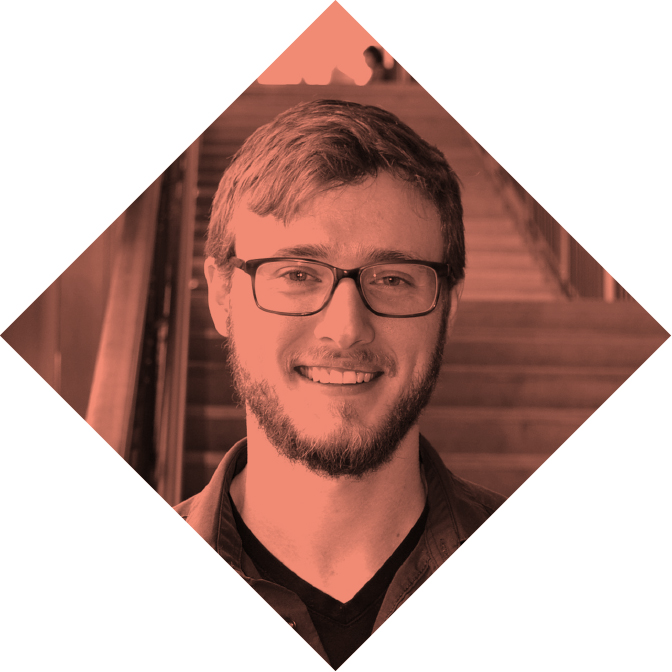
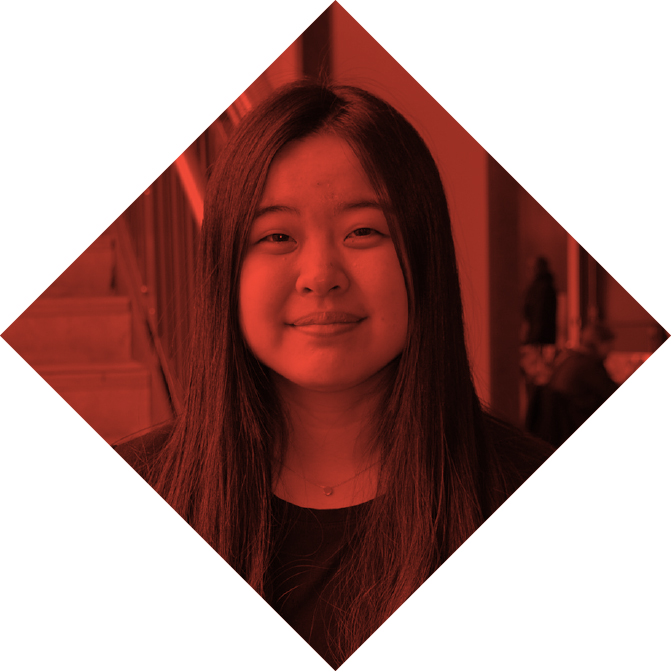
Se Yeon Cho realized only after she’d participated in Birth Companions, which turns students into doulas, that her calling probably lay elsewhere. When one door closes: She’s now researching health literacy in women with HIV and whether educational programs increase the rate of PAP testing for cervical cancer in women with HIV.
RaeGina Covington recently attended the Honors Research program seminars and met with her faculty mentor on helping with research. Next are the Birth Companions program and Spanish for Health Professionals, an elective she knows will have an impact in community-public health.
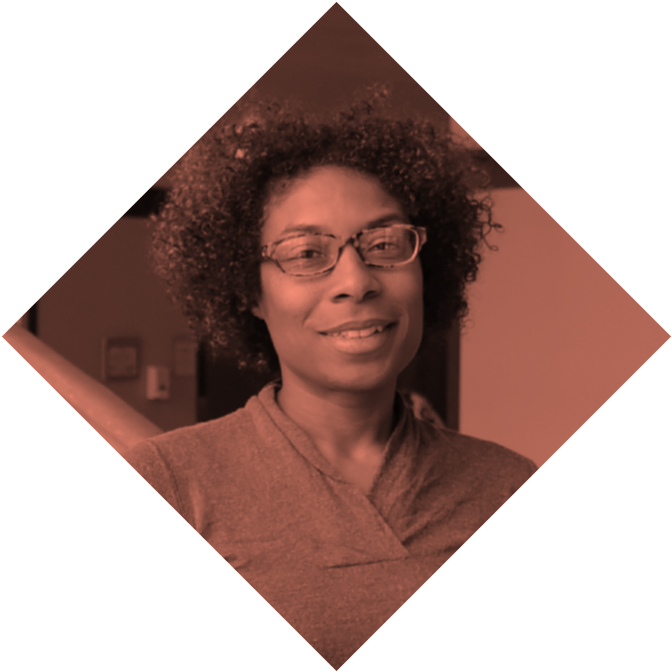
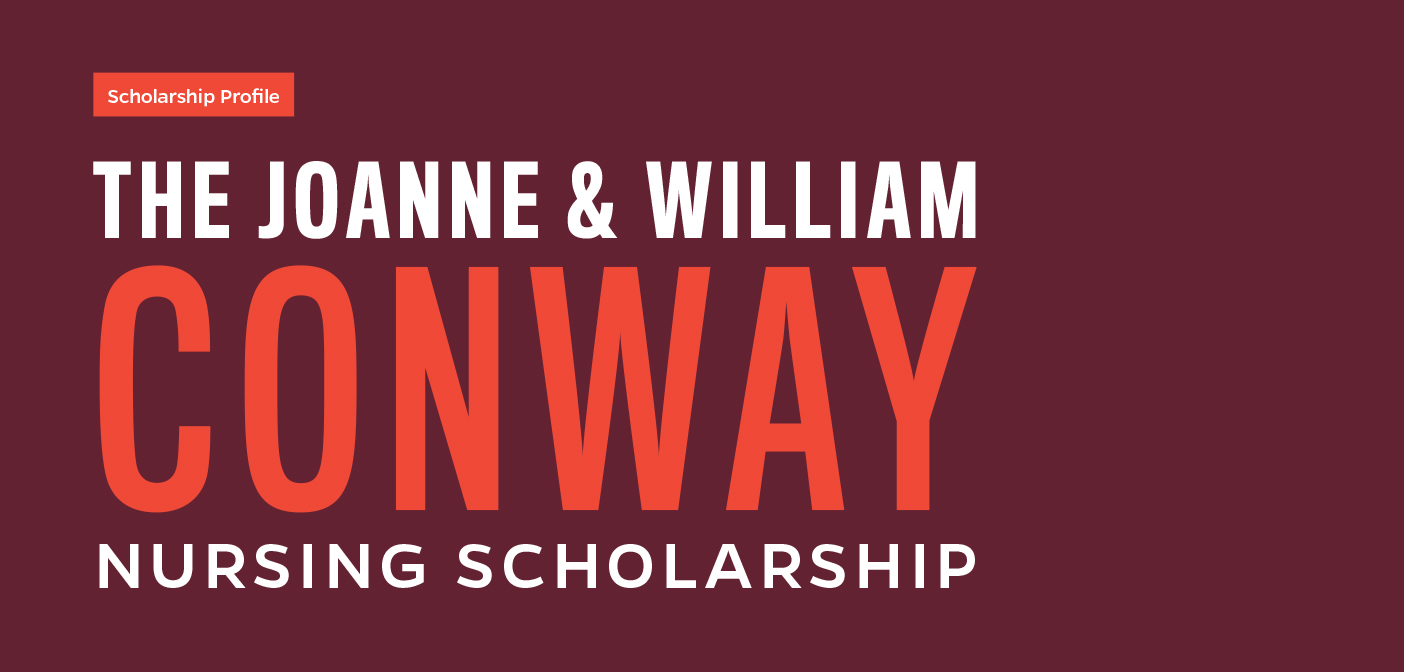
 The Returned Peace Corps Volunteer to Nurse Pipeline
The Returned Peace Corps Volunteer to Nurse Pipeline Growing CAPABLE
Growing CAPABLE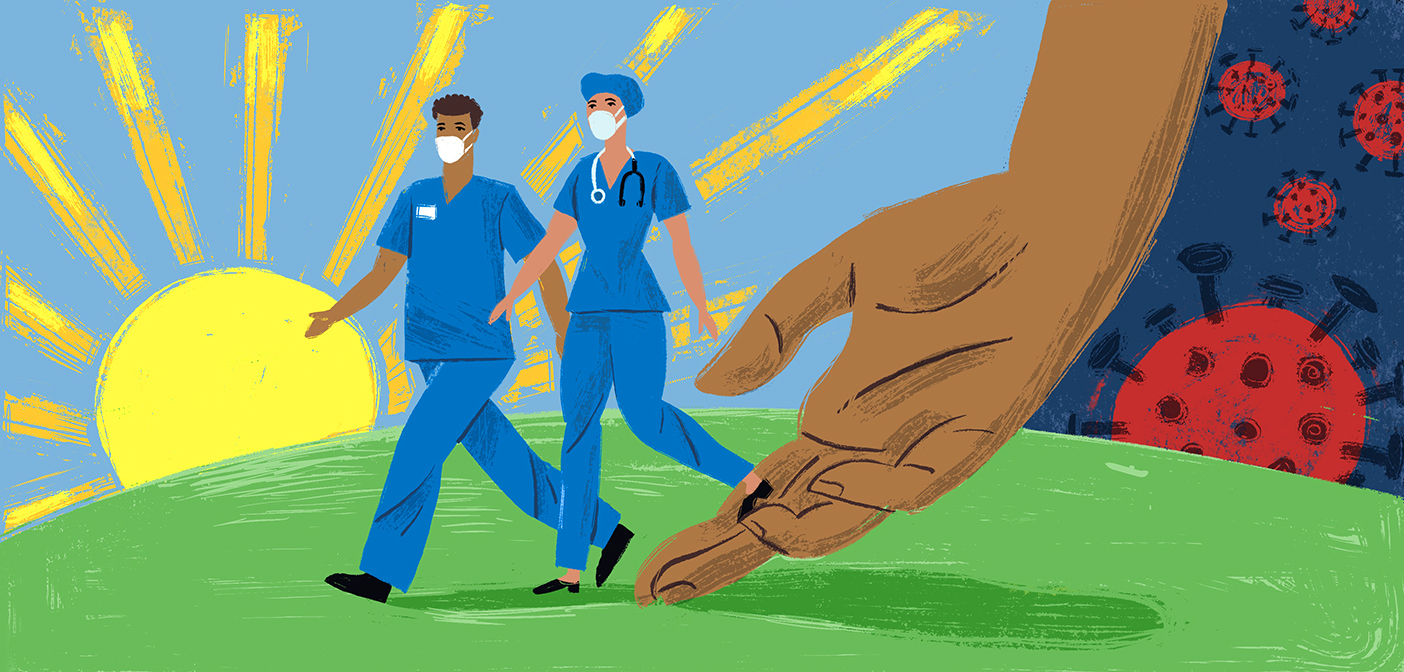 COVID and Nursing: Where to from Here?
COVID and Nursing: Where to from Here?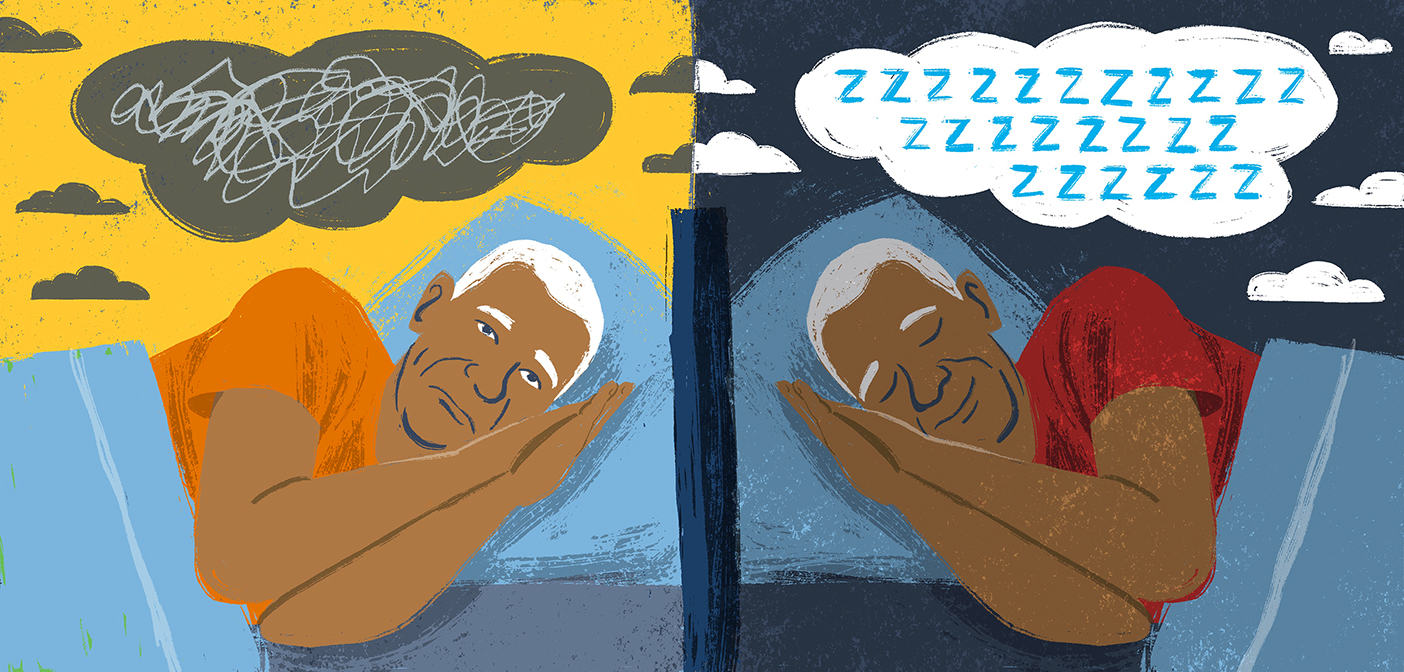 To Sleep, Perchance to Live Better
To Sleep, Perchance to Live Better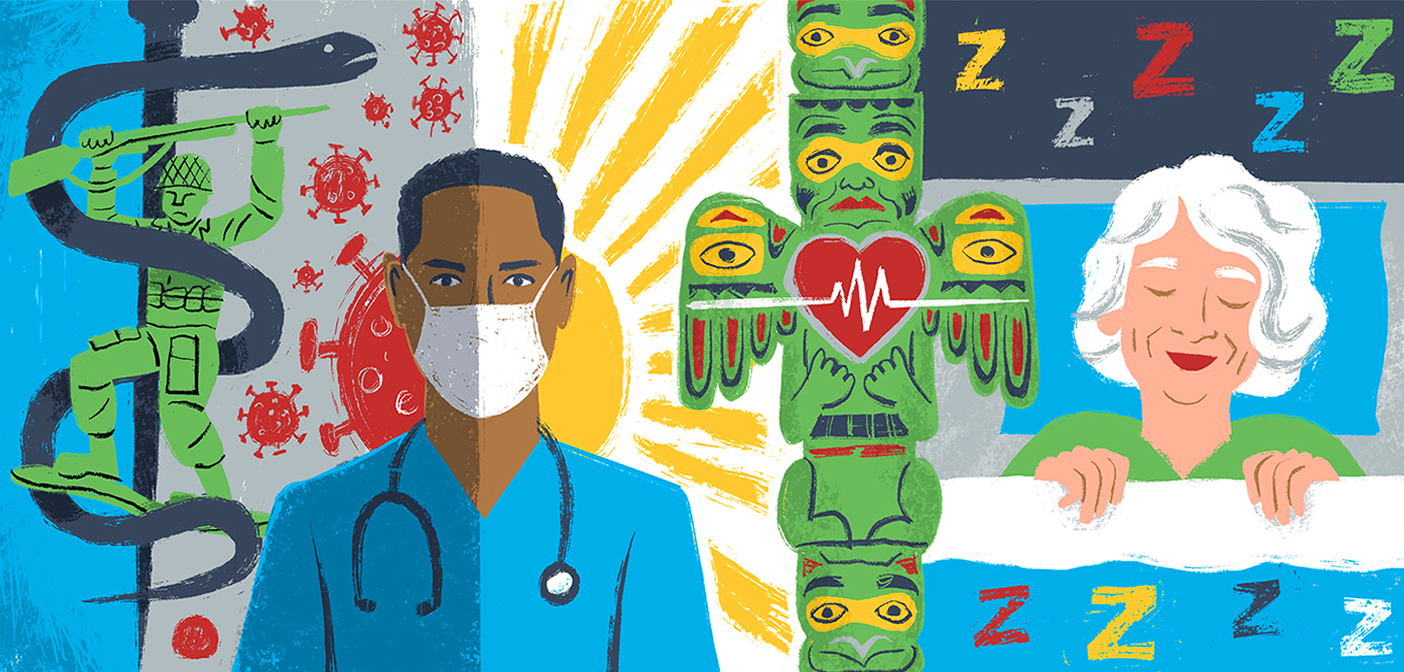 Summer Research Roundup 2023
Summer Research Roundup 2023







